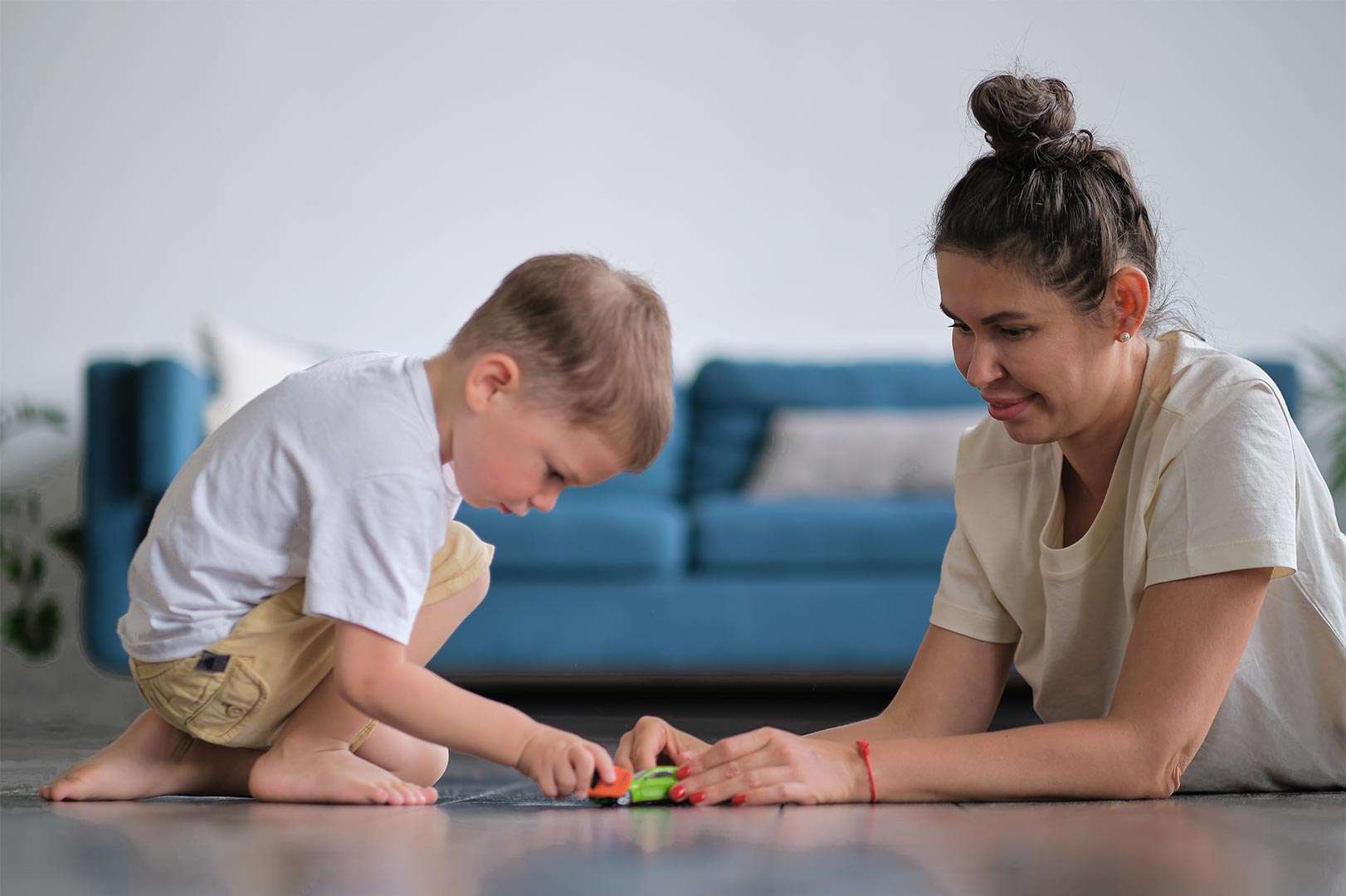Our senses play a vital role in how we experience the world around us. They provide us with information about our environment, helping us interact and engage. However, for some individuals, sensory input can be either overly stimulating or not stimulating enough. This difference in sensory processing can be categorized as sensory seeking or sensory sensitivity.
Sensory Seeking
People with sensory seeking tendencies actively crave more sensory input. They may find everyday sensations to be muted or dull and require stronger stimulation to feel engaged and alert. This can manifest in various ways, such as:
- Movement: Sensory seekers often have a high energy level and a constant need to move. They might fidget, jump, climb, or engage in repetitive motions like rocking or spinning.
- Touch: Craving physical contact, a sensory seeker might hug tightly, seek out rough textures, or chew on objects.
- Sound: Loud noises or repetitive sounds may be enjoyable for someone who is sensory seeking. They might be drawn to music with a strong beat or enjoy chewing on noisy objects.
- Sight: Bright lights, flashing patterns, or visually stimulating environments might be preferred by a sensory seeker.
- Taste and Smell: Strong flavors or intense smells can be appealing to someone who is sensory seeking. They might enjoy spicy foods or perfumes with overwhelming scents.
Sensory Sensitivity
In contrast, sensory sensitivity occurs when an individual experiences discomfort or overload from everyday sensory input. Sounds, textures, lights, or smells that most people find tolerable can be overwhelming for someone who is sensory sensitive. Common signs of sensory sensitivity include:
- Auditory Sensitivity: Loud noises, sudden sounds, or crowded environments can be upsetting for someone who is auditory sensitive. They might struggle to concentrate with background noise or find conversations overwhelming.
- Tactile Sensitivity: Certain textures, like tags on clothing or fabrics that feel scratchy, can be unpleasant for someone who is tactile sensitive. They might avoid close physical contact or specific materials.
- Visual Sensitivity: Bright lights, flickering screens, or busy visuals can be overstimulating for someone who is visually sensitive. They might prefer subdued lighting or find crowded environments overwhelming.
- Olfactory Sensitivity: Strong smells, perfumes, or certain food odors can be triggering for someone with olfactory sensitivity. They might become nauseated or experience headaches from intense smells.
- Gustatory Sensitivity: Certain tastes or textures of food can be unpleasant for someone who is gustatory sensitive. They might have a limited diet or avoid specific flavors.
Understanding the Spectrum
It’s important to note that sensory processing exists on a spectrum. Not everyone will fall neatly into the categories of sensory seeking or sensory sensitivity. Some individuals might exhibit traits from both categories, with varying degrees of sensitivity or need for stimulation across different senses.
Importance of Sensory Regulation
For both sensory seekers and those who are sensitive, the ability to regulate sensory input is crucial. This can involve strategies to:
- Reduce Overstimulation: For those who are sensory sensitive, creating a calming environment with noise-canceling headphones, comfortable clothing, and dimmed lighting can be helpful.
- Provide Additional Input: Sensory seekers might benefit from fidget toys, chewable objects, or activities that provide deep pressure stimulation, like weighted blankets or heavy work.
Seeking Support
If you suspect yourself or someone you know might be experiencing challenges related to sensory processing, consulting an occupational therapist can be beneficial. They can assess individual needs and develop strategies to promote sensory regulation and improve daily life.
Find out if your child needs extra support today!
- My child screams hysterically
- My child is mean to other children
- My child is always worried
- My child is scared to go to school
- My child is scared of loud noises
- My child doesn’t know how to read
- My child is scared to play outside
- My child does not respond to his name
- My child always gets in trouble
- My child fights with other children
- My child doesn’t know how to count
If you are concerned about your child’s development, contact us for Assessments: Phone/Telegram: 077.455.993 – Telegram Link: https://t.me/OrbRom
If you are concerned about your child’s development, contact us for Assessments.
Phone/Telegram: 077.455.993 Link: https://t.me/OrbRom






Leave A Comment